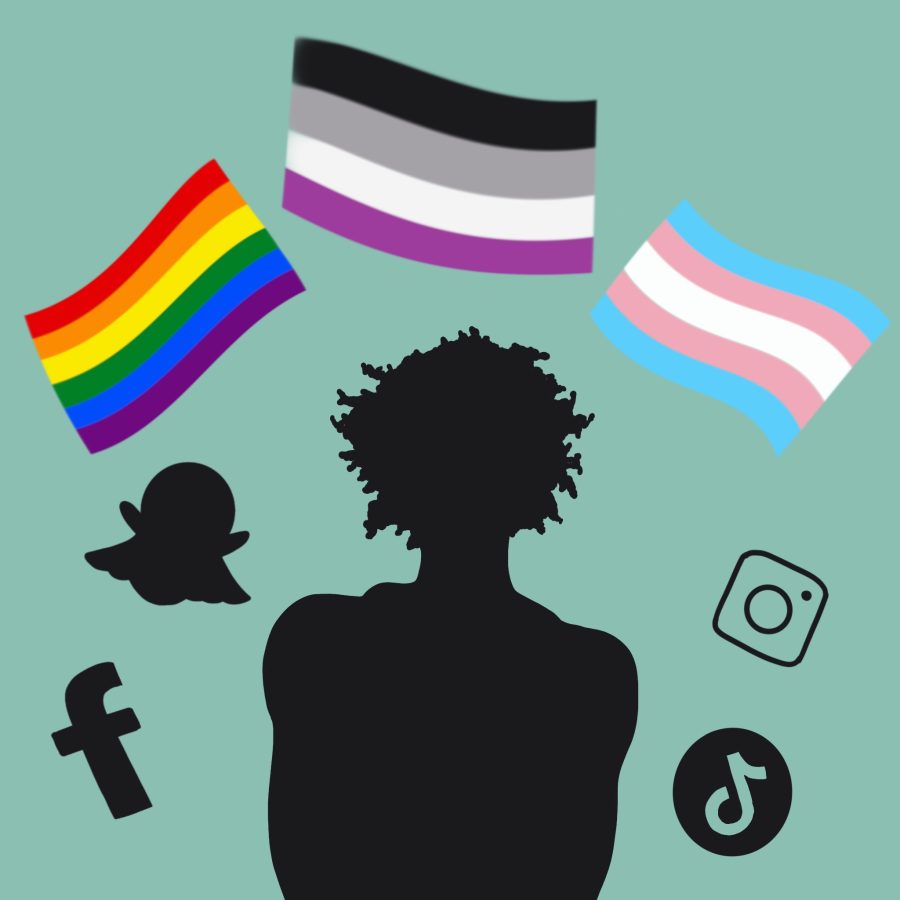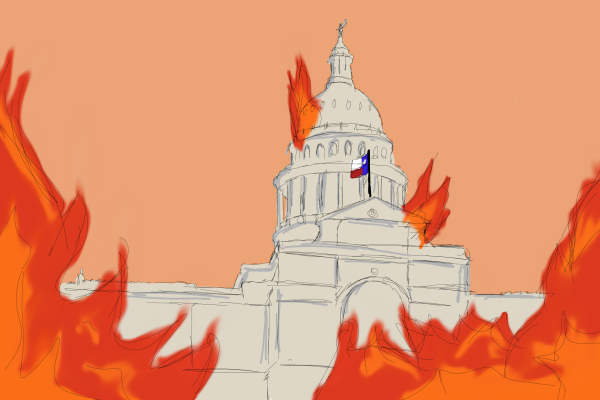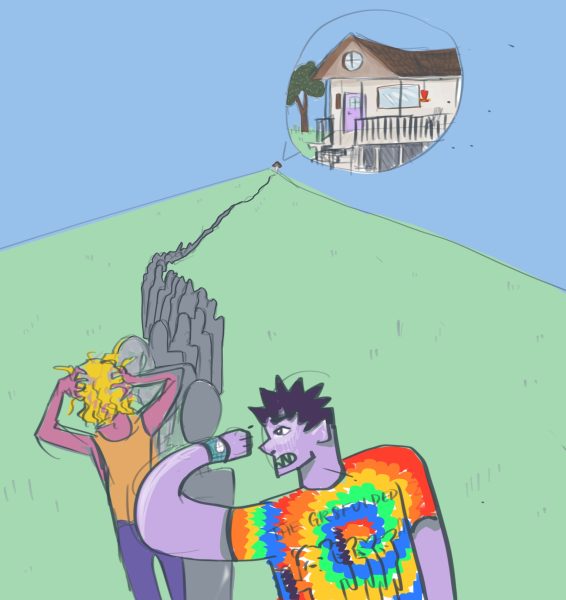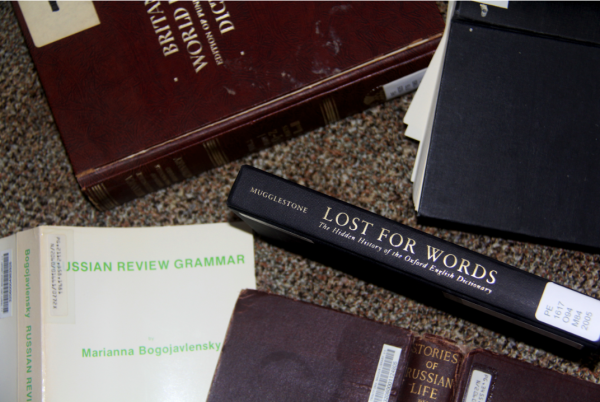It’s really none of your business
Stop pushing celebrities out of the closet
To some, Harry Styles is a trendsetter. He wears traditionally feminine clothing, deliberately keeps his sexuality vague and courageously breaks down barriers of gender roles and heteronormativity. To others, however, all he is doing is distilling queerness down to a set of aesthetic choices without suffering through the hate and discrimination that those in the community can face upon coming out. It’s a performance without consequence at best and, some say, a way of silencing actual queer performers at worst.
This trend, also known as queerbaiting, has seemed to plague celebrities. Celebrities, usually actors or musicians, have been known to fight gender roles or make their sexuality deliberately ambiguous, leaving people desperate to know whether they are actually part of the LGBTQ community. But do they really owe us that information?
In some ways — yes. When straight celebrities adopt the aesthetics of the queer community without any of the burden, wanting to be seen as queer icons without doing any of the work, they take attention away from LGBTQ celebrities who might be dedicating their time and efforts to promoting inclusivity. Putting on the farce of having a fluid sexuality without advocating for the community you are co-opting is pointless and tone-deaf.
It can be concerning, then, to see a straight-passing celebrity taking up a seat at the table without showing any support for the queer community. Some, however, say that just support is not enough. If that celebrity is not willing to make their sexual identity publicly known, then they have no right to that ambiguity we see in celebrities like Harry Styles. That, some would claim, is just stringing people along and it is neither right nor fair.
What we must remember, though, is that celebrities are real people too. They face the scrutiny of the media and the general public, and coming out might not be safe or feasible for them. Also, pressuring someone to come out and make their identity public knowledge takes that power and independence out of their hands. They should have a right to the time and manner in which they decide to make their sexuality known: no one should be able to demand that information, even in the name of ensuring that someone is not queerbaiting.
Take Kit Connor, star of Netflix’s “Heartstopper,” a TV show about discovering and coming to terms with your sexual identity as a teenager. Connor plays a bisexual character in the TV show but had not revealed anything regarding his own sexuality. He stated that he did not want any fans of the show to make assumptions about anyone’s sexuality and that sexual identity was so much more than dressing, acting or looking a certain way.
Yet, his refusal to declare his sexuality angered some fans. He was accused of queerbaiting and was repeatedly harassed about it until he publically came out as bisexual on Twitter, stating in the same tweet that he had felt forced into it. Soon after, he deactivated his account.
Is the price of queerbaiting so high that we must resort to harassing and pressuring 18-year-olds to reveal their sexual identities, just on the off-chance that they are straight and using the aesthetic to garner attention?
Ultimately, we cannot and should not force or pressure anyone to come out. The path to understanding one’s own sexuality and then making it known is complicated enough without the added factor of millions of eyes watching your every move. Instead, we should focus on what the celebrities actually do. Are they promoting and supporting queer artists? Do they donate to LGBTQ organizations? Are they open and unforgiving in their advocacy? Or are they simply using the aesthetics to gain the money and attention of a community they never had any intention of giving back to?
We should not force celebrities to come out. Their sexual identity is their own to disclose and understand — no one else’s. Instead, we should turn our attention to the truly performative and remind them that queer identity is so much more than that. If they are not willing to take on the burden of allyship, then they should not get the pride and community either.

My name is Ashwini Vivek (she/her) and I am an Opinion Writer for the Trinitonian! I am a senior Neuroscience major from Dallas, and I'm also involved...

Hi guys! My name is Lily Zeng, and I am a sophomore from Memphis, TN majoring in Urban Studies with an interest in a Spanish major or minor. My favorite...










